Birthday Milestones Towards Your Retirement
Are you looking ahead to certain milestones as you plan for retirement? Are you even aware of some of these milestones? Age-based milestones happen during specific years in your life. It is good to be aware of these as you look ahead to retirement.
Age 55
If you leave your job when you are 55 or older, you can take withdrawals from your 401(k) without having to pay a premature tax penalty. Before rolling over that 401K to an IRA make sure you won’t need access to this money before age 59 ½.
Age 59 ½
You are allowed to take withdrawals or rollover your IRA without the 10% penalty. You can rollover your 401(k) into an IRA and continue to contribute to your 401(k). This is beneficial since many 401(k) plans offer limited investment choices and not all allow for non-spousal beneficiary continuation. Meaning if your children inherited your IRA they may also inherit a massive tax bill.
Age 62
This is the earliest you can begin taking Social Security payments (unless you’re widowed or disabled). However, be careful here. Your payments will be reduced if you begin payments at this age, or if you continue to work and earn more than the allowed annual income your payment may be withheld entirely. It is important to know your full retirement age.
Age 65
Now you are eligible for Medicare. You can file for Medicare three months before your 65th birthday. Be sure to sign up on time because your Medicare Part B premiums will increase for each 12-month period you were eligible and didn’t enroll. If you delay because you or your spouse is covered by health coverage at work, sign up for Medicare within eight months of leaving the job. Also, if you want to contributing to an HSA plan past age 65 and are covered by a high deductible plan you may want to delay enrolling in Medicare.
Age 70 ½
You are now required to take annual withdrawals from 401(k)s and traditional IRAs and pay the income tax. You must take this withdrawal known as Required Minimum Distribution whether you need the income or not. The goods news is that you don’t have to spend the money and can continue to save it after paying taxes on it. If you’re still working past age 70 and you have money in the company’s 401K plan you can delay the annual withdrawals until you retire (if you’re not more than 5% owner of the company).

